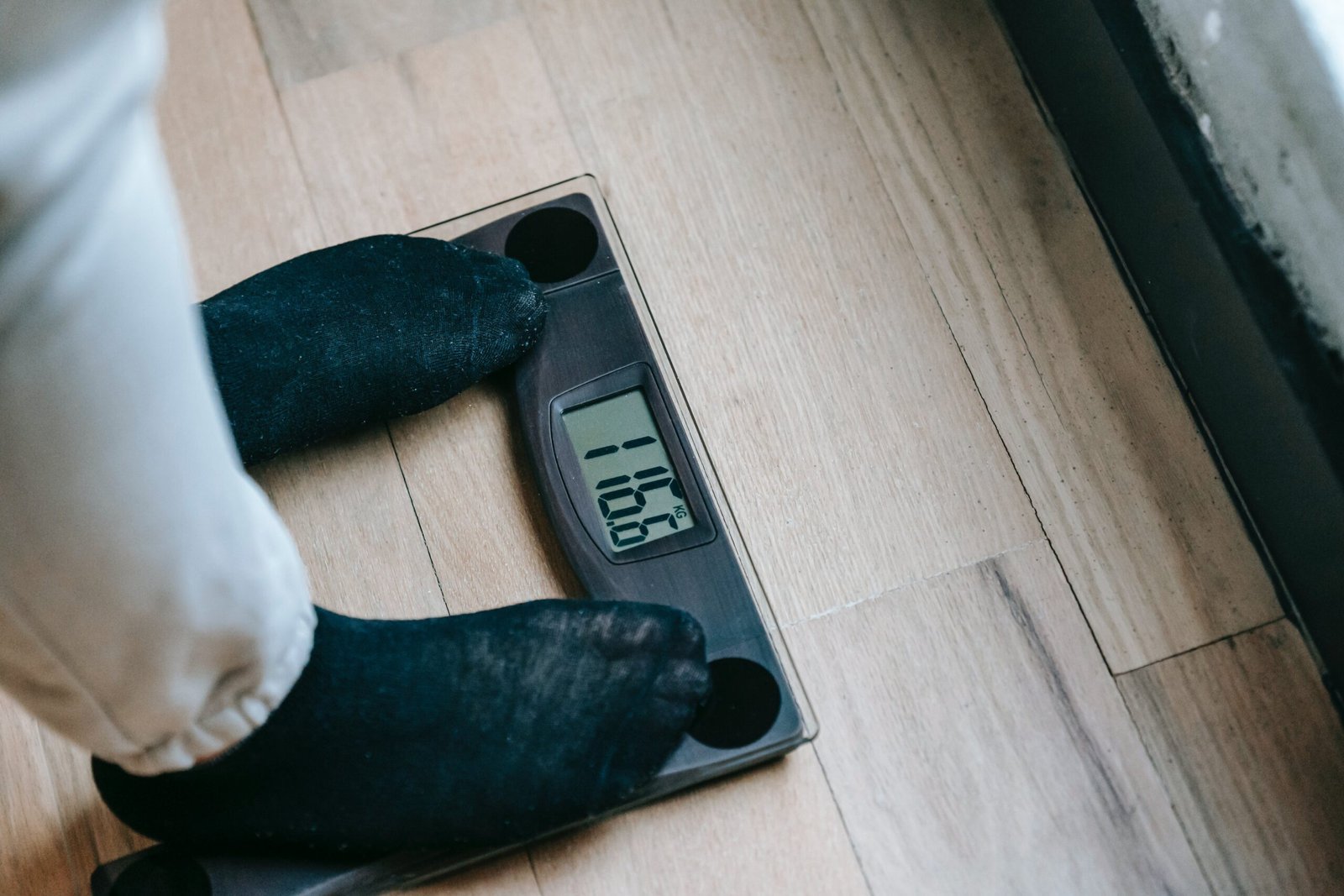Feeling Fatigued? Does Vaping Make You Tired? How Vaping Could Be Impacting Your Energy Levels
Table of Contents
- Introduction: The Intersection of Vaping and Fatigue
- Understanding Vaping: A Brief Overview
- The Connection Between Vaping and Tiredness
- Nicotine and Its Effects on the Body
- Dehydration: A Hidden Culprit
- The Role of Chemical Additives
- Related Symptoms: Nausea and Dizziness After Vaping
- Can Vaping Make You Nauseous?
- Why Do I Feel Dizzy After Vaping?
- Addressing Vaping-Induced Fatigue
- Adjusting Nicotine Strength
- Staying Hydrated
- Monitoring and Moderating Consumption
- When to Seek Professional Advice
- Conclusion: Rethinking Your Vaping Habits for Better Health
- Call to Action: Share Your Experience and Join the Conversation
Introduction: The Intersection of Vaping and Fatigue
Have you ever found yourself wondering, “does vaping make you tired?” You’re not alone. As vaping continues to be a popular alternative to traditional smoking, many users report feeling unusually fatigued after vaping sessions. This fatigue, often accompanied by nausea or dizziness, raises important questions about the impact of vaping on our bodily health. This blog post delves into these symptoms, offering insights and advice to help vapers understand and mitigate these effects.
Understanding Vaping: A Brief Overview
Vaping involves inhaling vapor produced by electronic cigarettes (e-cigarettes) or other vaping devices. These devices heat a liquid that typically contains nicotine, flavorings, and various chemicals to create an aerosol, which the user inhales. Unlike traditional cigarette smoke, this aerosol is composed of fine particles containing a mixture of chemicals, many of which can affect the body in unexpected ways.
The Connection Between Vaping and Tiredness
Understanding why vaping might leave you feeling wiped out requires a closer look at its components and their physiological impacts.
Nicotine and Its Effects on the Body
Nicotine, a primary ingredient in many vaping liquids, is a stimulant. While it can initially boost alertness and energy, its effects can quickly swing the other way. Nicotine withdrawal between vaping sessions can lead to fatigue, as the body craves the stimulant’s absent energy boost.
Dehydration: A Hidden Culprit
Vaping can be dehydrating, thanks to the propylene glycol and vegetable glycerin found in e-liquids. These substances absorb moisture, which can lead to dehydration unless you’re consciously upping your water intake. The symptoms of dehydration include fatigue, further contributing to the tiredness vapers might experience.
The Role of Chemical Additives
Many e-liquids contain a cocktail of chemical additives to create specific flavors. While delicious, these chemicals can have varying effects on the body, and some may contribute to feelings of lethargy or tiredness after vaping.
Related Symptoms: Nausea and Dizziness After Vaping
In addition to feeling tired, many vapers report experiencing nausea and dizziness, which can be directly related to vaping.
Can Vaping Make You Nauseous?
Yes, vaping can induce nausea in some users. This reaction is often linked to nicotine, which, in high doses, can upset the stomach and lead to feelings of nausea.
Why Do I Feel Dizzy After Vaping?
Dizziness after vaping is another common symptom, typically associated with nicotine intake. Nicotine affects blood pressure and heart rate, which can lead to momentary dizziness, especially in new users or those sensitive to nicotine.
Addressing Vaping-Induced Fatigue
If you’re committed to vaping but want to minimize fatigue and related symptoms, consider these adjustments:
Adjusting Nicotine Strength
Opt for e-liquids with lower nicotine concentration to mitigate the stimulant’s impact on your energy levels and minimize withdrawal fatigue.
Staying Hydrated
Make a conscious effort to drink more water throughout the day to combat the dehydrating effects of vaping.
Monitoring and Moderating Consumption
Be mindful of how much and how often you’re vaping. Limiting intake can reduce the risk of fatigue and other side effects.
When to Seek Professional Advice
If adjusting your vaping habits doesn’t alleviate your symptoms, it may be time to consult with a healthcare professional. Persistent fatigue, nausea, or dizziness could be indicative of underlying health issues requiring medical attention.
Conclusion: Rethinking Your Vaping Habits for Better Health
Understanding the question “Does vaping make you tired?” invites a closer examination of how vaping affects our bodies. While not everyone will experience fatigue, nausea, or dizziness, those who do should consider the potential role of nicotine, dehydration, and chemical additives. By making informed choices about vaping habits, it’s possible to mitigate these symptoms and enjoy a more energized lifestyle.
Call to Action: Share Your Experience and Join the Conversation
Have you experienced fatigue, nausea, or dizziness from vaping? What strategies have you found effective in managing these symptoms? Share your experiences in the comments below to help others navigate the sometimes foggy world of vaping health impacts. Your insights could be the key to helping someone else feel better and vape smarter.
here are some external resources that discuss the potential effects of vaping on fatigue:
- Medical News Today – “Does vaping affect sleep?”:
- This article from Medical News Today explores the relationship between vaping and sleep quality. While it doesn’t directly address tiredness, it discusses how nicotine and other chemicals in vape products can affect sleep patterns, which could indirectly contribute to feelings of tiredness.
- PubMed Central (PMC) – “Effects of Electronic Cigarette Use on the Human Lung“:
- This research article published on PubMed Central examines the effects of electronic cigarette use on the human lung. While it primarily focuses on respiratory health, it also discusses potential systemic effects of vaping, which could include fatigue.
- Healthline – “Can Vaping Make You Tired?”:
- Healthline provides an overview of whether vaping can make you tired. The article discusses potential factors such as nicotine content, vaping frequency, and other health effects that may contribute to feelings of tiredness.
These resources should provide you with various perspectives on the topic of vaping and tiredness. It’s important to note that while some research suggests potential connections between vaping and fatigue, more studies are needed to fully understand the relationship and underlying mechanisms.







One Response
Hi! I just finished reading your blog post, and I must say, it was excellent. Your ability to explain complicated concepts in a simple and engaging way is truly remarkable. Thank you for providing such valuable content. I can’t wait to read more from you in the future.